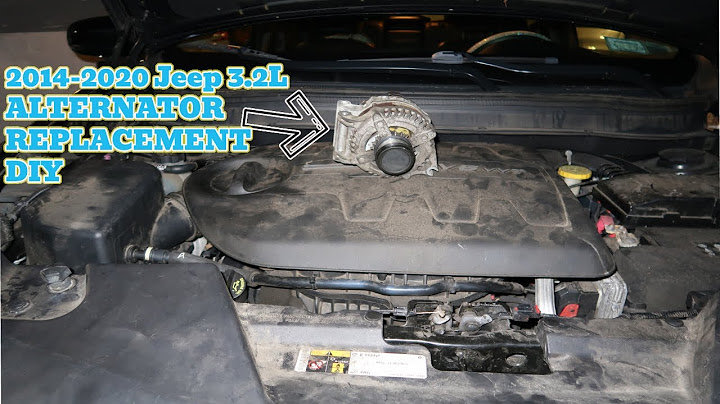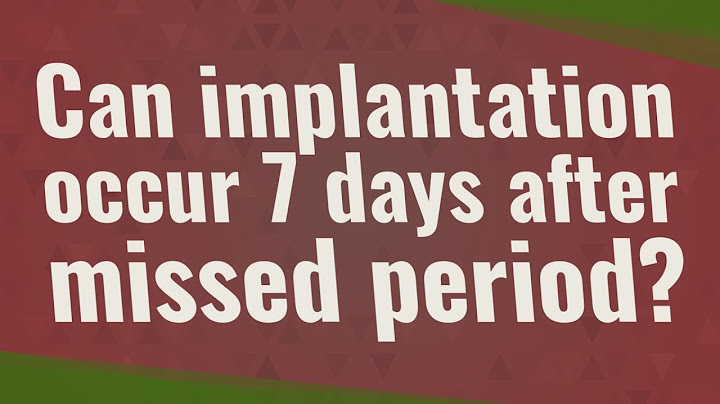CPS would seem to be the main suspect. The most likely cause of it cranks and cranks but won't start up is the Crankshaft Position Sensor (CPS) located on the transmission bell housing. Often this part is also referred to as the CranKshaft Position Sensor (CKP). CPS/CKP failure is very common. The CPS/CKP can stop working with no warning
or symptoms and the engine will not run or the engine may randomly stall for no apparent reason. Typical CPS lifespan is about 150-200,000 miles. Crank Position Sensors can have intermittent "thermal failure". This means that the CPS/CKP fails when the engine gets hot, but works again when it cools back down. Typical CPS Symptoms, (not all symptoms may be present, or occur at the same time) - When the ignition key is first turned ON, 12 volts travels from the ignition switch to the ASD relay. The PCM provides ground to the ASD relay to energize it. The ASD relay sends the 12 volts to the primary side of the coil. If after a few seconds no signal is detected from the faulty CPS, the PCM opens the ASD relay and 12 volts power to the coil and fuel pump is removed. If the CPS/CKP is failed sometimes the OBD-II code reader cannot make a connection to the computer or cannot read Check Engine Light/MIL codes because the CPS/CKP has failed. Diagnostic steps to help confirm the CPS is the cause of your no-start: -You should be able to verify a bad cps, by unplugging
it, and turning the ignition key to ON. If the voltage gauge and/or the fuel gauge now displays correctly, replace the CPS. If you buy a new CPS, get a genuine Jeep CPS. Most auto parts stores sell cheap crappy Chinese "Lifetime Warranty" parts that are poorly manufactured from inferior materials and are often out of specification, or even failed, right out of the box. The ones that aren't faulty often have a short service life before they fail. Always buy top quality replacement parts and genuine Jeep sensors. Numerous threads detail long and frustrating searches for a "problem" that ended up being cured simply with genuine Jeep repair parts. Buy good quality repair parts and genuine Jeep sensors for best results. You must also perform basic trouble shooting of the start and charge systems. Remove, clean, and firmly reconnect all the wires and cables to the battery, starter, and alternator. Look for corroded or damaged cables
and replace as needed. Do the same for the grounding wires from the battery and engine to the Cherokee's frame/body. Jeeps do not tolerate low voltage or poor grounds and the ECM/ECU will behave oddly until you remedy this. Crankshaft Position Sensor Connector (CPS/CKP)
 .
 TESTING PROCEDURE 1991 - 2001 4.0L H.O. engines TESTING PROCEDURE for 1987 - 1990 4.0 L engines Test # 1 - Get a volt/ohm meter and set it to read 0 - 500 ohms. Unplug the CPS and measure across the CPS connector's A & B leads. Your meter should show a CPS resistance of between 125 - 275 ohms. If the CPS is out of that range by much, replace it. Test # 2 - You'll need a helper for this one. Set the volt/ohm meter to read 0 - 5 AC volts or the closest AC Volts scale your meter has to this range. Measure across the CPS leads for voltage generated as your helper cranks the engine. (The engine can't fire up without the CPS connected but watch for moving parts just the same!) The meter should show .5 - .8 VAC when cranking. (That's between 1/2 and 1 volt AC.) If it's below .5vac, replace it. The 2000 and 2001 will have the CPS in the same location on the bell housing, but the wire connector may be on the passenger side, near or on top of the Transfer case, not as shown in the diagram below. Simply follow the wire from the sensor to the connector. .
 What are the symptoms of a bad crankshaft sensor?Symptoms of a Bad or Failing Crankshaft Position Sensor. Issues Starting the Vehicle.. Intermittent Stalling.. Check Engine Light Comes On.. Uneven Acceleration.. Engine Misfires or Vibrates.. Rough Idle and/or Vibrating Engine.. Reduced Gas Mileage.. What happens when crank sensor goes out?Engine Runs Rough and Misfires
An erratic CKP sensor can cause the PCM to miscalculate fuel injector pulse and spark timing, resulting in an engine that runs rough and misfires. As the driver, you'll likely interpret the misfire as a subtle shaking or stumble that may intensify when the vehicle is under load.
What is the 7 symptoms of a bad camshaft position sensor?7 Symptoms of a Bad Camshaft Position Sensor (and Replacement Cost). #1 – Check Engine Light Illuminates.. #2 – Ignition Problems.. #3 – Car Jerking or Surging.. #4 – Engine Stalling.. #5 – Poor Acceleration.. #6 – Problems Shifting.. #7 – Bad Fuel Mileage.. |

Related Posts
Advertising
LATEST NEWS
Advertising
Populer
Advertising
About

Copyright © 2024 toptenid.com Inc.

















